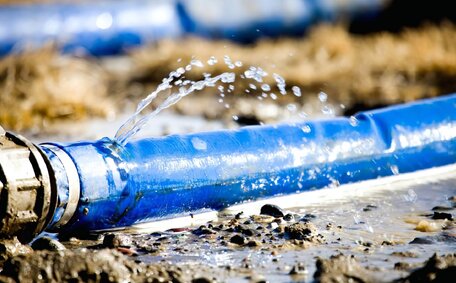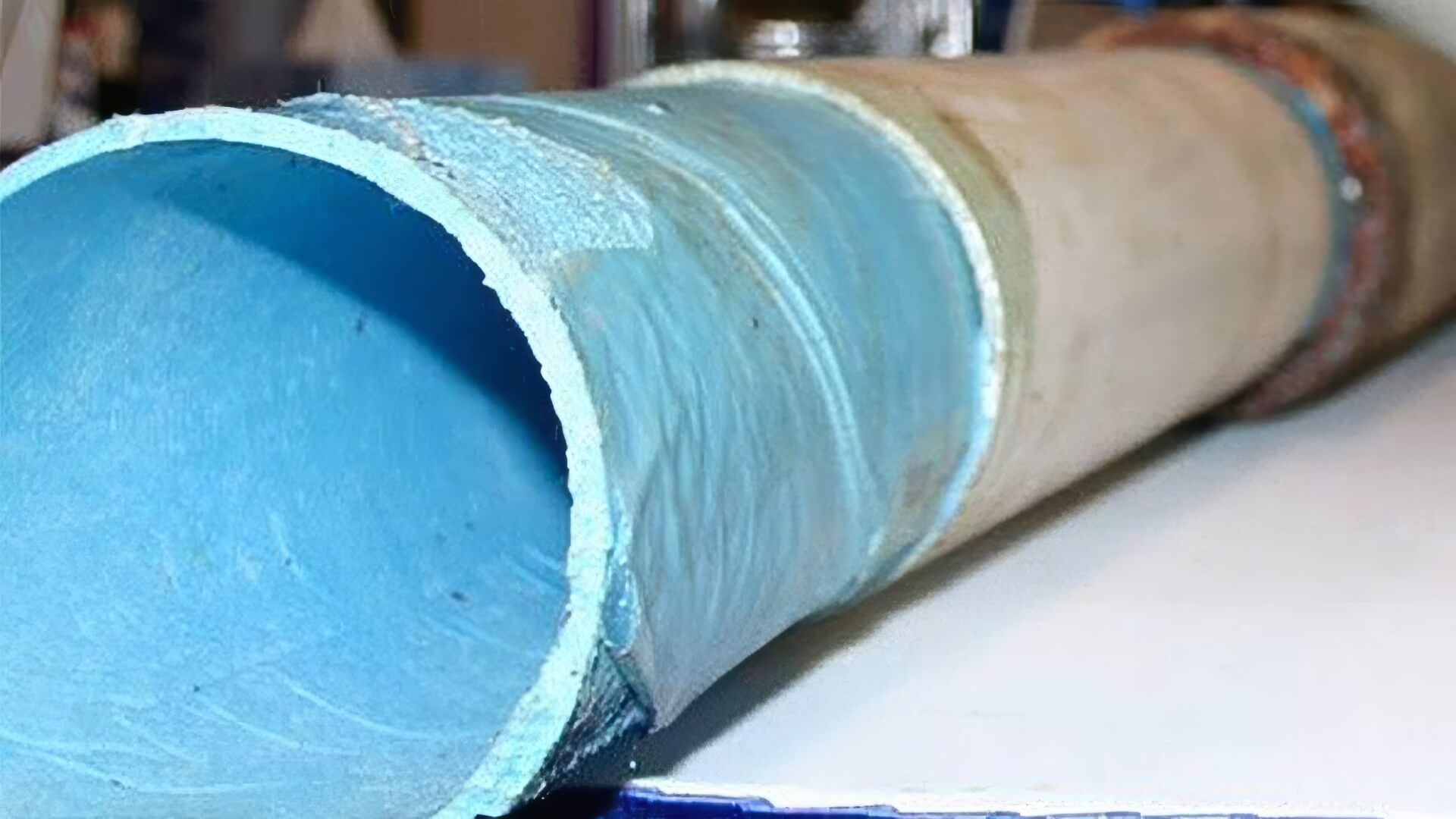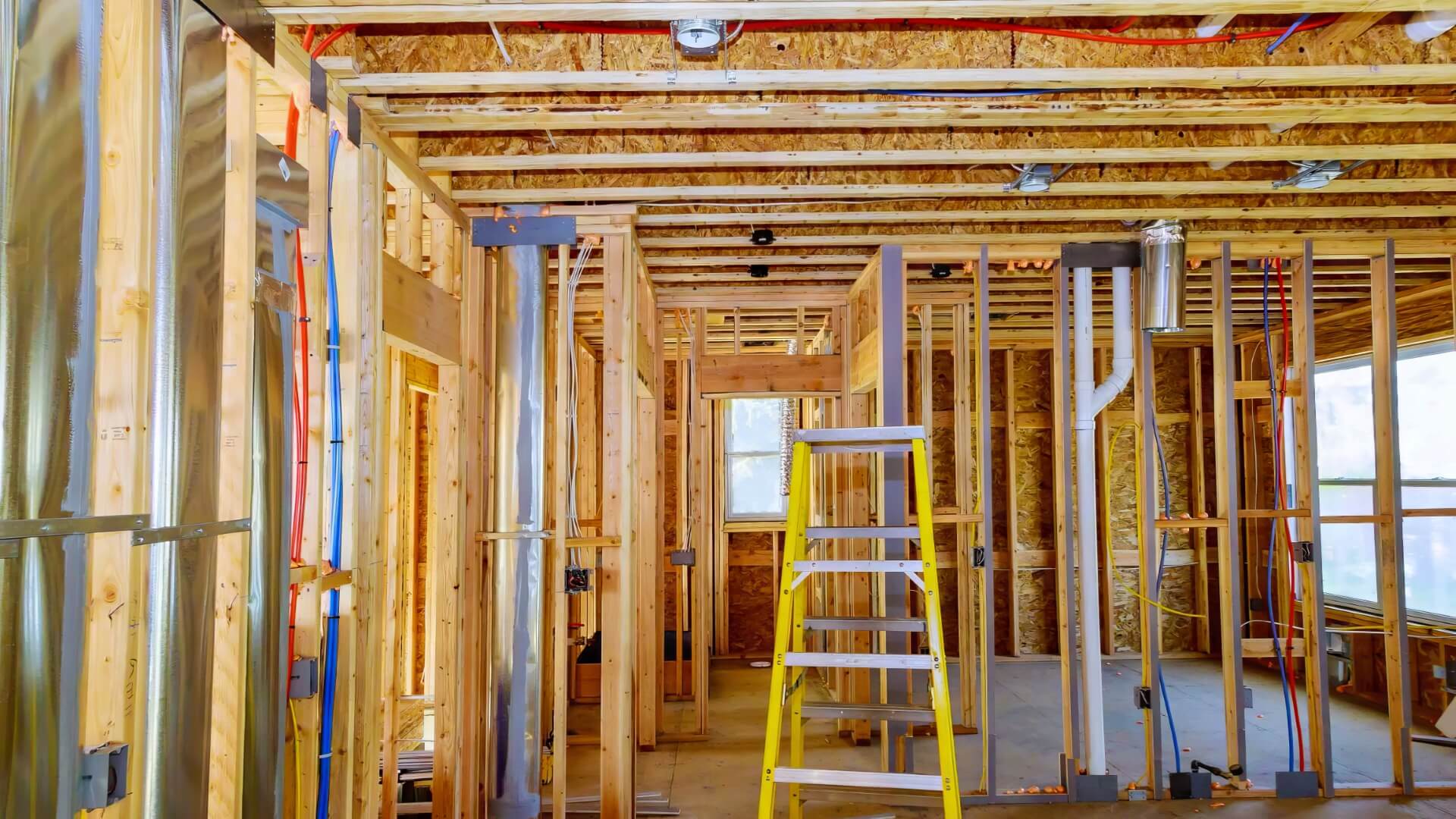Understanding Water Usage During Plumbing Emergencies
In plumbing emergencies, conserving water is crucial to prevent substantial losses from burst pipes or leaking taps, particularly in areas like Lake Macquarie where thousands of litres can be wasted if not addressed swiftly. Monitoring daily household water usage allows you to shut off water sources when abnormalities are detected, identifying problems early.
Firstly, know the water consumption of your daily activities; a dripping tap can waste over 50 litres daily, and a leaking toilet can lose hundreds of litres silently.
Regular inspections by a licensed plumber can detect leaks early on, offering practical strategies for water conservation. A higher-than-expected water bill may indicate hidden leaks and unnecessary water loss.
In case of emergencies your plumbing system faces like burst pipes or a blocked drain, tape pipe joints as a temporary fix and immediately locate and turn off the main water valve to contain the leak.
Place a bucket under leaky taps to collect water, and implement water-saving practices instead of wasting it down the drain. To save water, take shorter showers, run the dishwasher only when full, and turn taps off while brushing your teeth.
Water is one of our most valuable resources, and as a respected plumbing company in Sydney since 2000, Balmain Plumbing has the expertise to manage water emergencies promptly and suggest long-term conservation measures like water-efficient fittings, rainwater harvesting systems, leak detection services, etc. Get in touch with us for all your plumbing needs.
Inspecting and Maintaining Plumbing to Prevent Wastage
Systematic inspection and maintenance of pipes are essential in preventing water wastage. Even minor issues like a dripping tap can lead to over 20,000 litres of water lost annually if left unresolved.
It’s crucial to periodically evaluate water pressure at taps and showers, scrutinise your toilet cisterns, outdoor pipes, and hose fittings for any leaks. Additionally, ensure that your toilets and taps are completely turned off. Catching a leak early makes it cheaper and easier to fix.
Have your water gas and piping systems professionally assessed once a year to detect concealed leaks. Also install water flow metres to actively track daily usage. Consider water-efficient tap fittings, dual flush toilets and Balmain Plumbing’s services for your home’s water sustainability.
Proactive plumbing maintenance prevents pipe bursts and reduces the water used in emergencies. Protect your homeif facing plumbing issues and conserve this precious resource by contacting us today for maintenance tips or to schedule an inspection.
Installing Water-Efficient Fixtures
Installing water-efficient fixtures such as low-flow showerheads and tap aerators decreases household water use. These fixtures contribute to water saving by controlling and reducing flow to only a few litres water per minute while maintaining water pressure.
When selecting new fixtures, check for the national WELS (Water Efficiency Labelling and Standards) rating to compare water usage across similar products. The more stars and the higher the rating, the greater the appliance’s capability to lower water consumption.
A 3-star WELS rated showerhead, for example, uses less than 9 litres of water per minute, whereas a 0-star showerhead has no restrictions and uses over 16 litres per minute. So installing a water-efficient showerhead reduces water wastage without compromising the quality of your shower experience.
Likewise, tap aerators introduced at basin taps and kitchen sinks add air to the water flow, maintaining wetting effectiveness while using less water. Dual flush toilets have a split flush system allowing a choice of 6 litre or 4 litre flushes depending on your needs.
Contact Balmain Plumbing to schedule an inspection and get expert advice on selecting the most suitable water-efficient fixtures for your home. Investing in water conservation measures will reduce water use and help save money on your water bills over time.
Upgrading Toilets and Faucets
Upgrading to water-efficient dual-flush toilets and low-flow faucets is how you can use water more wisely, reducing household water usage in the long run. Older toilets can use up to 16 litres per flush, whereas new dual-flush models average 6 litres for liquid waste and 4 litres for solid waste.
A vital step can be installing water-efficient shower heads, such as a 3 star WELS rated showerhead, which restricts water flow without compromising pressure. Similarly, low-flow faucets and tap aerators maintain wetting effectiveness while optimising water usage.
Replacing outdated plumbing accessories with water-efficient alternatives can halve water wastage, especially during summer. Contact our Balmain-based plumbers to schedule an inspection or installation service.
Investing in water conservation measures such as dual-flush toilets and low-flow faucets will not only cut down water usage and lower your bills over time, but also decrease the likelihood of issues that can damage your home. With over 20 years of local experience, Balmain Plumbing can offer expert advice on selecting suitable fixtures to reduce your water footprint.
Adopting Water-Saving Habits
Adopting new habits at home can significantly conserve water.
Savvy habits such as shutting off taps while brushing your teeth, lathering hands, or shaving can save up to 12 litres of water per individual daily. Take shorter showers of 4 minutes or less, which is one of the ways to recycle otherwise wasted water. Recycle water when squandered, awaiting your water heater to warm up by collecting it in a bucket for use in irrigating plants or cleaning.
You can do your part by running full dishwasher loads instead of frequent small washes to optimise water usage. Soak pans and crockery before cleansing instead of permitting running water to persist in removing ingrained dirt. Wash fruits and vegetables in a bowl instead of under a running tap.
Outdoors, you can also use a trigger nozzle on your garden hose and aim precisely while you water your plants. Add a layer of mulch around plants to reduce evaporation. Wash cars and outdoor areas using two buckets - one for soapy water and the other for rinsing.
Embed water-saving habits into your children by sharing tips tricks, and involving them - can make a game of timing showers or assess flush capacities between dual flush and standard toilets. Small changes can add up quickly, collectively making a huge difference, reducing your water usage and water bills.
Detecting and Repairing Leaks Swiftly
Detecting and mending a leaking tap promptly is vital to prevent water wastage and avert damage to your household. A tap leaking one drop per second can lose over 30 litres a day. A burst pipe can release thousands litres of water rapidly, causing potential damage to your property.
Monitor your water meter and use water-saving tips - consistent readings could suggest conservation success or indicate leaks. Inspect connections on water lines, fittings, taps, showers, and toilets for moisture or corrosion signs. Save water by replacing washers and flappers, and temporarily use duct tape if needed until proper repairs are made.
Use food coloring to detect toilet leaks - add a few drops to the cistern, wait 10 minutes, and check the bowl for color before flushing. If present, internal leaks need urgent repairs to prevent huge losses.
As Sydney’s leading plumber since 2000, Balmain Plumbing offers specialized plumbing services, including leak detection and swift repairs. Protect your home, save water and prevent expensive damage by acting quickly at first signs of leakage. Call us today.
Harvesting Rainwater
Harvesting rainwater effectively conserves water resources and reduces water bill costs. By installing a rainwater tank and collection systems, water systems can be enriched as the water from rainfall can be captured and reused for non-potable needs like gardening, washing cars or flushing toilets.
Rainwater harvesting reduces dependency on mains supply and can recharge groundwater through tank overflow. This leads to better management as we use water more responsibly and conserve limited freshwater reserves.
When installing a rainwater harvesting system, consider factors like intended water use, rainfall patterns in your area, roof and surface types for catchment and the size of collection tanks. Seek professional guidance to ensure optimal design and water quality.
As leading Sydney plumbers since 2000, Balmain Plumbing offers solutions that help you conserve water and save money on residential and commercial rainwater harvesting needs - from initial consultations to customised tank installations, filtration, pump systems and maintenance.
Harvest the clean water falling on your roof to take control of your water usage. Contact our rainwater harvesting experts today to learn how to leverage this versatile water-saving method.
Conserving Water During Appliance Use
Using devices like water-saving showerheads can significantly reduce water wastage. Always run your washing machine and dishwashers at full load only to maximise water efficiency. Upgrade to more efficient, water-efficient models - front-loading washing machines use 50 per cent less water than conventional top-loaders.
When buying new appliances, look for the WELS water rating to compare efficiency. Scrape plates instead of pre-rinsing in a running tap - dishwashers already conserve water from hand-washing.
Also, check washing machine hoses and dishwasher fittings regularly for leaks. Fixing leaks quickly, so keep an eye your pipes and fittings, prevents huge losses over time. As Sydney’s leading plumber since 2000, Balmain Plumbing offers advice on maintaining water-efficient plumbing systems and appliances.
Contact us today.
Educating Yourself on Plumbing Safety
A basic understanding of your home’s plumbing system enables prompt action to prevent extensive damage during water emergencies. It’s crucial to know the location of the main water valve and how to shut off your water supply.
Typically, the main valve is located near your property’s front boundary, and highlighting this information can aid quick identification. Turning this clockwise switches off all water to the house. During a plumbing emergency, make it a priority to locate and turn off water at the main valve to contain the issue.
It’s also important to know how to turn off taps and valves for sinks, toilets, and appliances like washing machines. Maintain easy access to emergency plumbing assistance and contact Balmain Plumbing for prompt expert help.
Educating yourself on basic plumbing safety measures equips you to act quickly in the event of bursts, leaks, or blockages. We offer handy tutorials on identifying and resolving common plumbing problems around your home. Contact us today for essential plumbing tips on how to handle water emergencies safely.






